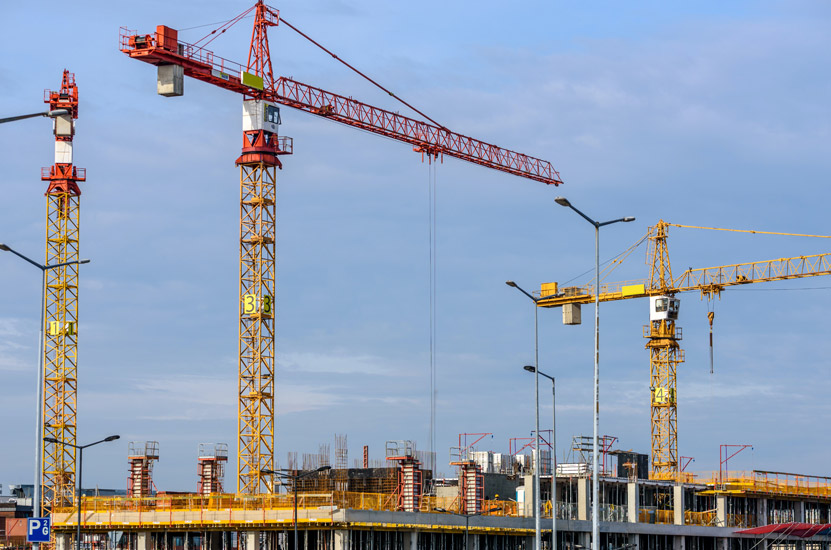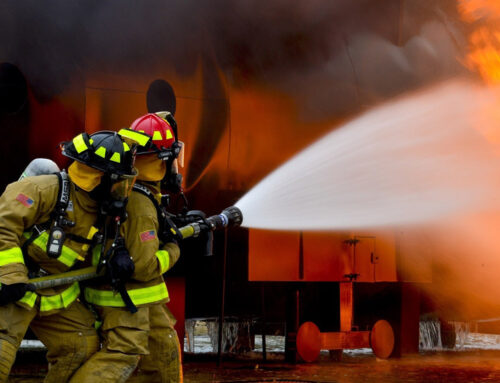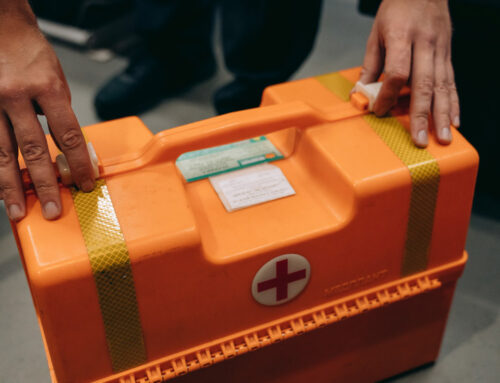Accidents occur around the clock as a result of someone’s irresponsibility. And it should come as no surprise that cranes on construction sites, oil rigs, and mines are the source of fatal injuries and even deaths. The failure to use Personal Protective Equipment (PPE) is a major contributor to these accidents. It is also possible that the crane operator is not adequately trained or skilled to implement preventive safety measures and is unaware of emergency procedures.
All heavy equipment training institutions provide specialized training in safety operations and emergency procedures. Various safety precautions will be taught to you during the course to help you perform your duties as a crane operator to the best of your ability and in a responsible manner. The following points will give you a general idea of what you should remember when operating a crane.
- Extensively and thoroughly inspect your crane before making any moves. Examine for loose or missing parts, as well as faulty switches or control buttons. Check that the latches and springs are secure and function properly. Inspect the load chain, sheaves, and sheave guard for any flaws. Ignore anything out of the ordinary and get the problem fixed right away.
2. Be very clear about the load capacity and ensure that it is never exceeded. As a crane operator, you have every right to refuse to lift the load if the load’s safety and weight are in question.
3. Before lifting the load, ensure that it is properly rigged and fastened. You can get clarification from your site supervisor. Use the load indicating device, but you have the final say. So think twice before taking any action.
4. This should go without saying, but a reminder never hurts. Ensure that all people, stray animals, and obstacles are removed from your path.
5. Always keep a safe distance from power lines, whether they are energized or not. Contact with power lines is a leading cause of death on construction sites.
6. Be prepared for an emergency. Always use an audible signaling device that can be used to warn those around you. During an emergency, procedures for retrieving an operator must be followed. On-board fire extinguishers are required.
Think & be! Read on ….
As far as crane safety is concerned, this is only the tip of the iceberg. Before you begin working as a crane operator, you should be completely familiar with all safety precautions and procedures. Your training institution plays an important role in this. This, of course, is impossible without your unique understanding and ability to grasp a situation in its entirety.
Crane Operator training course is one of the programs available at Everdo Learning. Find out more about Everdo Learning safety courses here.






Leave A Comment